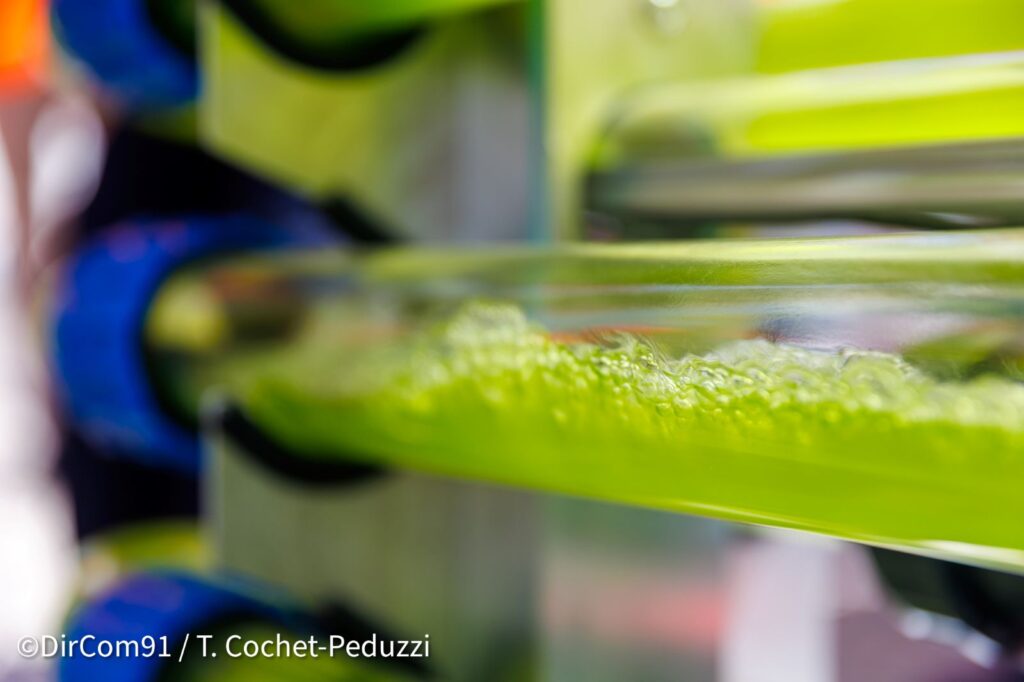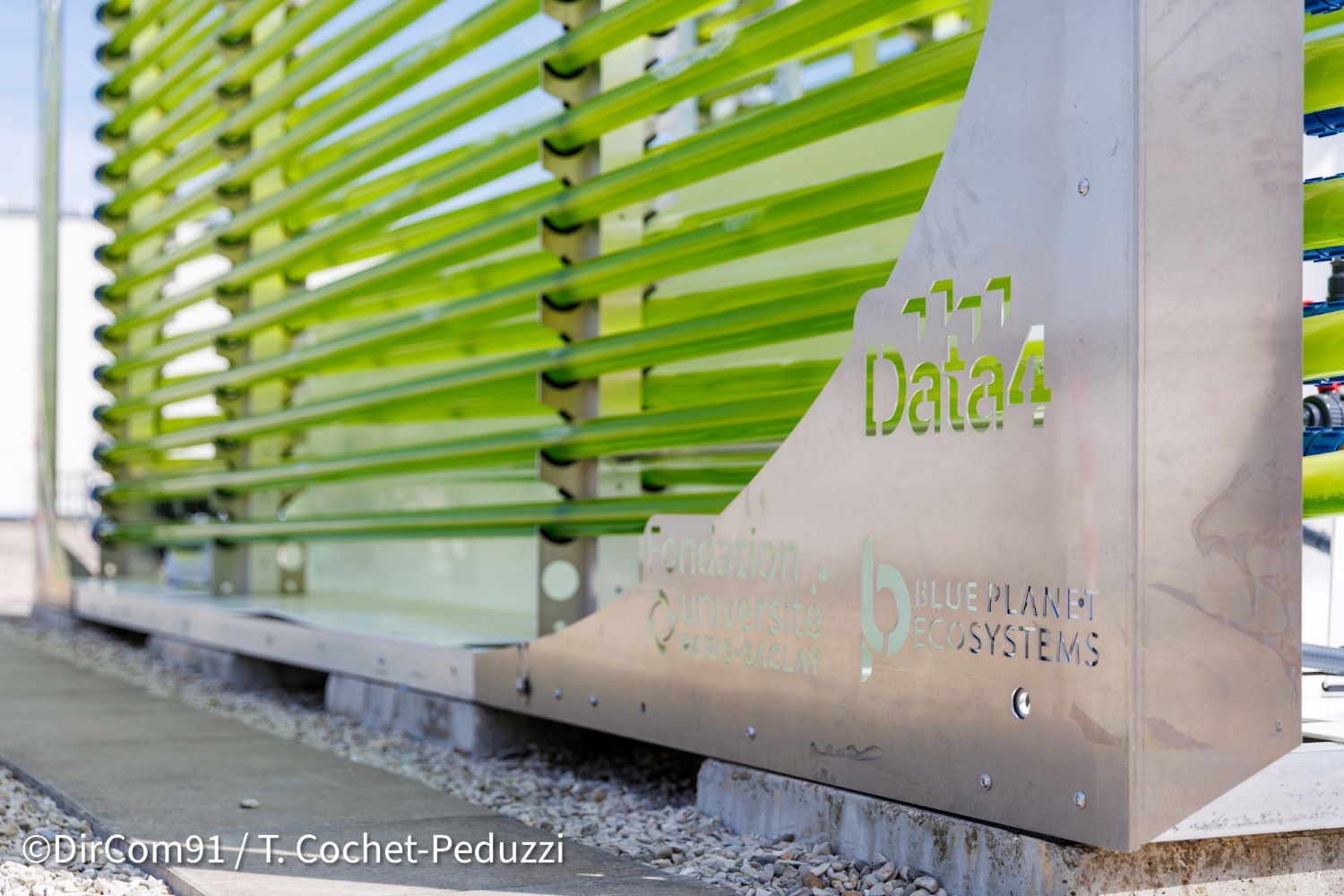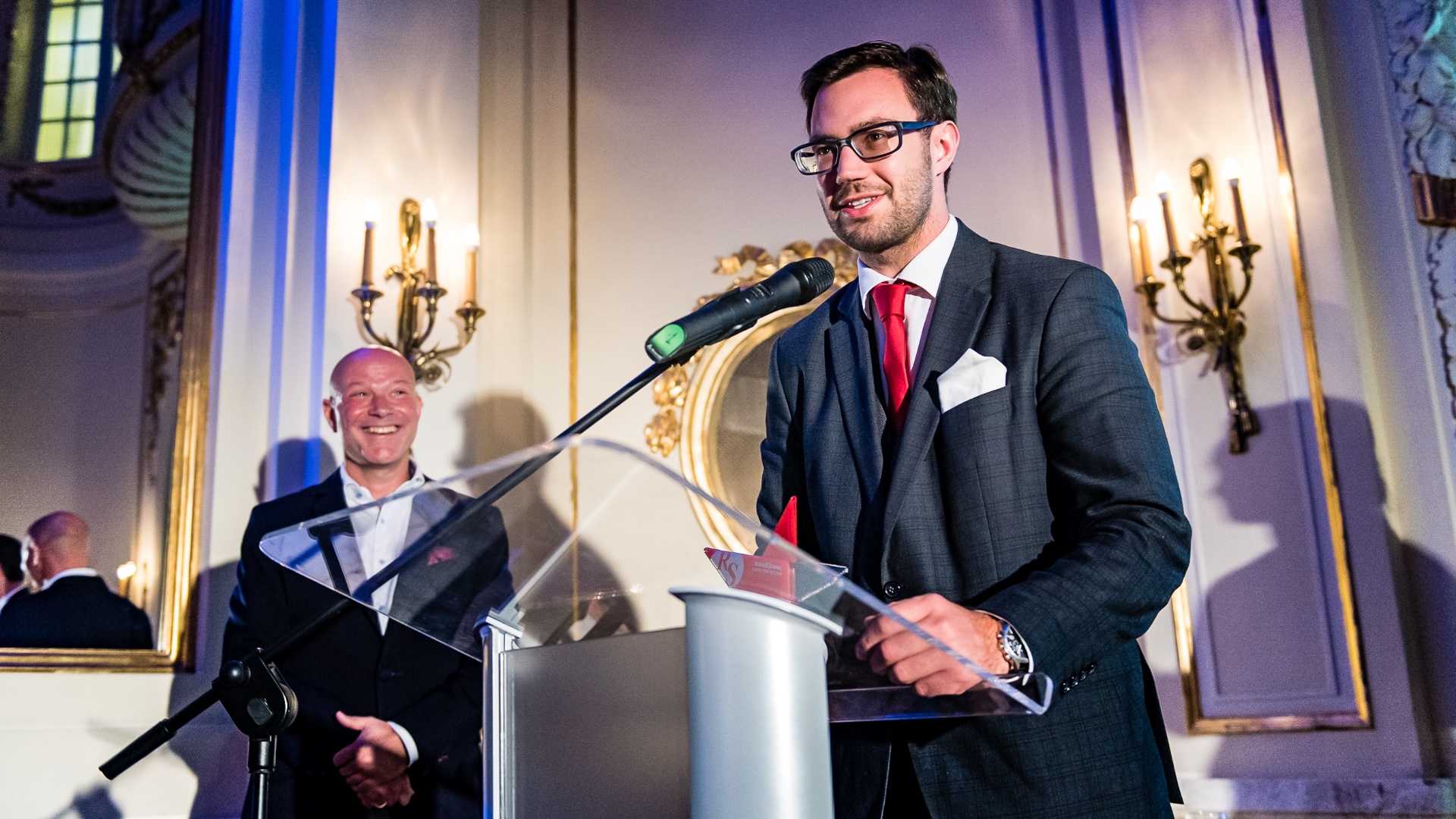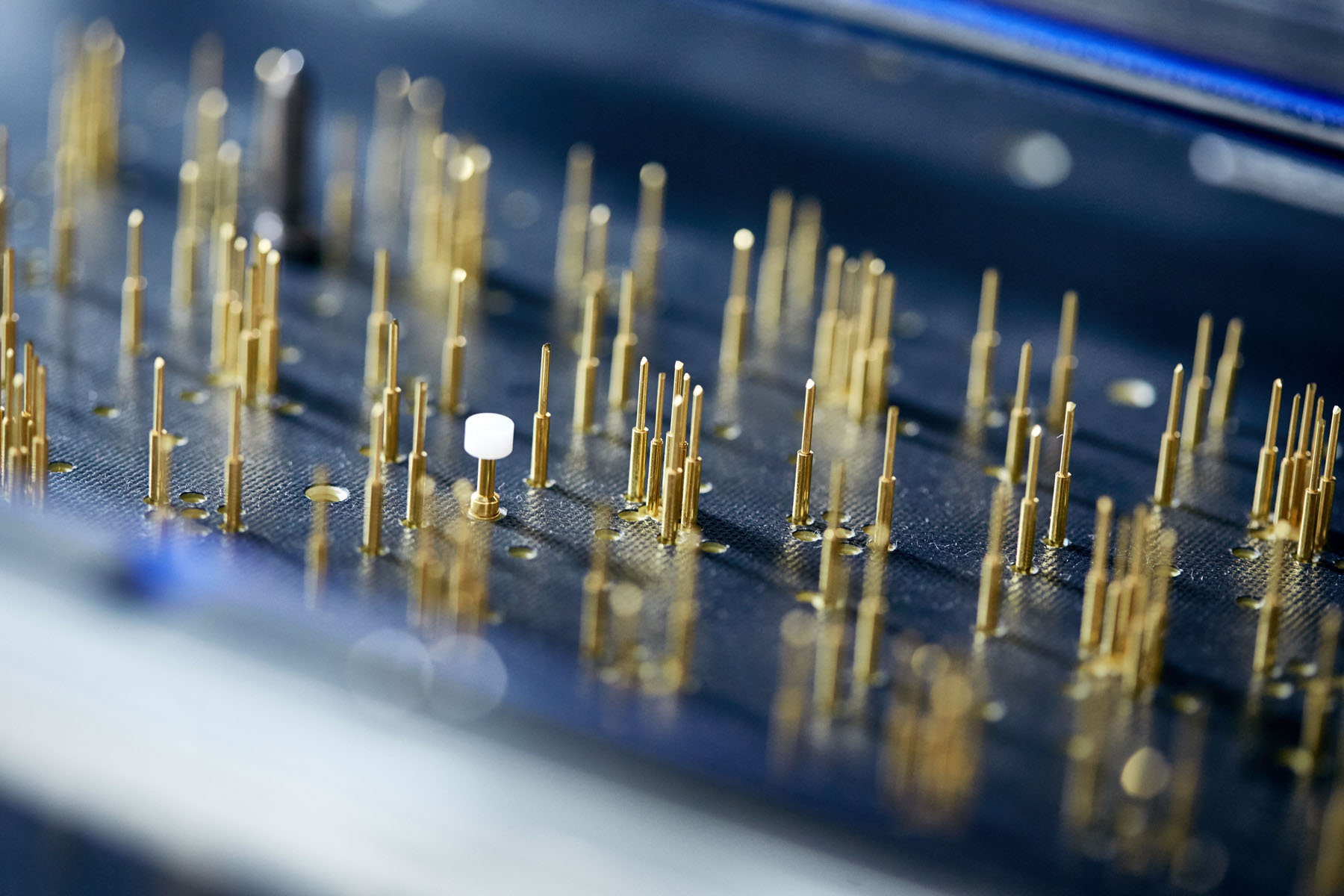Data4 ‘s French campus in Marcoussis is becoming a testing ground for what could be the next stage in the green transformation of the data centre sector. The company’s new pilot project involves converting waste heat from servers into biomass – specifically, algae. It sounds futuristic, but there is concrete data and measurable results behind the venture: up to 13 tonnes of captured CO₂ per year from a single facility, and potentially almost 4,000 tonnes nationally.
In practice, this involves photobioreactor modules installed on the roofs of data centres, which use heat to accelerate the growth of algae. These, in turn, can be used in short supply chains, such as for the pharmaceutical industry. The technology, supported by local authorities and the academic sector, is in the testing phase for the time being, but its potential goes beyond the French borders – Data4 has already announced an analysis of similar projects in Poland.
Lessons learned? Although the data centre sector has faced accusations of energy intensity for years, projects such as this one show that the future can look different. Instead of passive energy consumption – active energy recovery and local added value. It is also an infrastructural challenge: designing data centres as part of the circular economy requires close collaboration with industry, energy and local government.
From the perspective of Poland – where Data4 is developing a campus in Jawczyce – this signals that green innovation need not be the domain of Western countries alone. If local partners manage to turn ambitions into concrete implementations, Polish data centres can play an important role in the digital-climate transformation.













